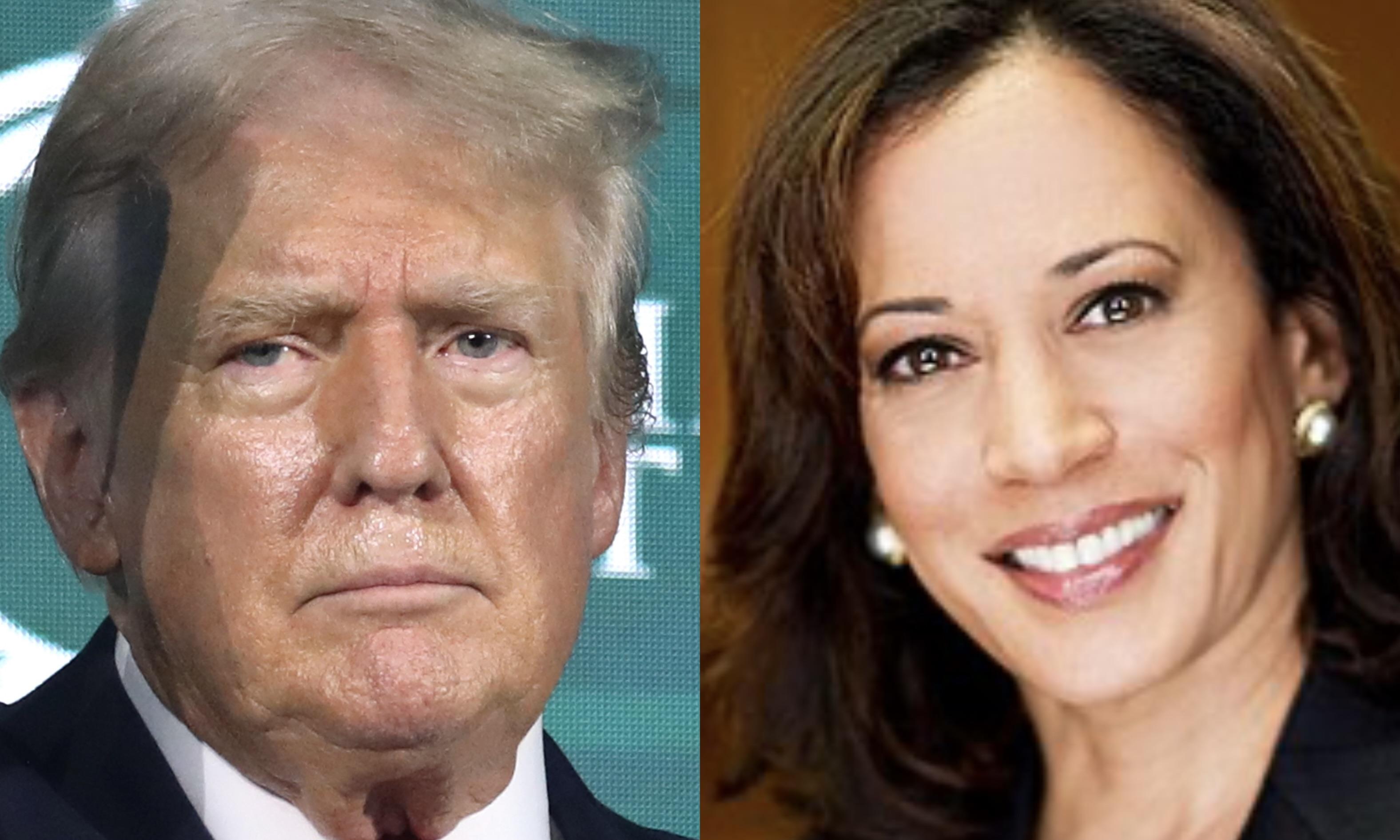A federal judge ruled that Iowa officials can proceed with their efforts to challenge the validity of ballots from individuals suspected of being noncitizens, a decision that has ignited debate over election integrity and voting rights. The ruling comes amid heightened concerns over voter eligibility and election security, particularly as the 2024 election approaches. Supporters of the decision argue it is a step toward ensuring only eligible citizens participate in the electoral process, while critics claim it risks disenfranchising legitimate voters.
The decision, handed down by U.S. District Judge John Wilson, permits Iowa to investigate ballots flagged under suspicion of being cast by noncitizens. The case originated from the Iowa Secretary of State’s Office, which argued that it should have the authority to scrutinize voter registrations and ballots when questions of citizenship arise. In his ruling, Judge Wilson emphasized that the state has a “legitimate interest” in maintaining election integrity by verifying that only citizens cast votes.
Iowa Secretary of State Paul Pate hailed the ruling as a victory for election security, stating that it reinforces the state’s commitment to a fair and lawful voting process. “This decision allows Iowa to safeguard the sanctity of our elections,” Pate said in a statement. “We are committed to ensuring that only U.S. citizens are permitted to vote in our elections, and this ruling allows us to continue those efforts.”
The court decision has drawn sharp criticism from voting rights advocates, who argue that efforts to challenge voter eligibility disproportionately target minority communities and could dissuade legitimate voters from participating. Civil rights groups, including the American Civil Liberties Union (ACLU) of Iowa, expressed concern that the ruling could lead to unwarranted investigations and potential voter intimidation. “This ruling opens the door to unnecessary and harmful scrutiny that could disenfranchise eligible voters,” said Sarah Fields, a spokesperson for the ACLU. “We believe these policies discourage voter participation, particularly among immigrant communities who fear being unfairly targeted.”
Supporters of the ruling, however, maintain that checking voter eligibility is a fundamental aspect of a transparent and lawful election process. Republican lawmakers in Iowa argue that verifying citizenship status safeguards the democratic process and ensures public confidence in the outcome. “This is not about discouraging voters; it’s about protecting the integrity of the vote,” said State Senator Mark Anderson. “Every eligible vote should count, but only eligible votes.”
The decision is expected to have far-reaching implications for similar cases across the U.S., where states have initiated or proposed measures to review voter eligibility more rigorously. With debates over election security intensifying nationwide, legal experts suggest that the Iowa ruling could set a precedent for other states seeking greater control over voter verification.
As the legal battle unfolds, advocates on both sides anticipate that challenges will continue, potentially bringing the case to the federal appeals court. Iowa’s decision to scrutinize potentially ineligible ballots reflects the broader national discourse on balancing election security with voting accessibility, a tension that shows no signs of easing as election day nears.



 Trump Signs Executive Order Threatening 25% Tariffs on Countries Trading With Iran
Trump Signs Executive Order Threatening 25% Tariffs on Countries Trading With Iran  Bosnian Serb Presidential Rerun Confirms Victory for Dodik Ally Amid Allegations of Irregularities
Bosnian Serb Presidential Rerun Confirms Victory for Dodik Ally Amid Allegations of Irregularities  India–U.S. Interim Trade Pact Cuts Auto Tariffs but Leaves Tesla Out
India–U.S. Interim Trade Pact Cuts Auto Tariffs but Leaves Tesla Out  New York Legalizes Medical Aid in Dying for Terminally Ill Patients
New York Legalizes Medical Aid in Dying for Terminally Ill Patients  Trump Lifts 25% Tariff on Indian Goods in Strategic U.S.–India Trade and Energy Deal
Trump Lifts 25% Tariff on Indian Goods in Strategic U.S.–India Trade and Energy Deal  Japan Election 2026: Sanae Takaichi Poised for Landslide Win Despite Record Snowfall
Japan Election 2026: Sanae Takaichi Poised for Landslide Win Despite Record Snowfall  China Warns US Arms Sales to Taiwan Could Disrupt Trump’s Planned Visit
China Warns US Arms Sales to Taiwan Could Disrupt Trump’s Planned Visit  Taiwan Says Moving 40% of Semiconductor Production to the U.S. Is Impossible
Taiwan Says Moving 40% of Semiconductor Production to the U.S. Is Impossible  U.S. Lawmakers to Review Unredacted Jeffrey Epstein DOJ Files Starting Monday
U.S. Lawmakers to Review Unredacted Jeffrey Epstein DOJ Files Starting Monday  Trump’s Inflation Claims Clash With Voters’ Cost-of-Living Reality
Trump’s Inflation Claims Clash With Voters’ Cost-of-Living Reality  Jack Lang Resigns as Head of Arab World Institute Amid Epstein Controversy
Jack Lang Resigns as Head of Arab World Institute Amid Epstein Controversy  China Overturns Death Sentence of Canadian Robert Schellenberg, Signaling Thaw in Canada-China Relations
China Overturns Death Sentence of Canadian Robert Schellenberg, Signaling Thaw in Canada-China Relations  Trump Congratulates Japan’s First Female Prime Minister Sanae Takaichi After Historic Election Victory
Trump Congratulates Japan’s First Female Prime Minister Sanae Takaichi After Historic Election Victory  Antonio José Seguro Poised for Landslide Win in Portugal Presidential Runoff
Antonio José Seguro Poised for Landslide Win in Portugal Presidential Runoff  Japan’s Prime Minister Sanae Takaichi Secures Historic Election Win, Shaking Markets and Regional Politics
Japan’s Prime Minister Sanae Takaichi Secures Historic Election Win, Shaking Markets and Regional Politics  Trump Administration Appeals Court Order to Release Hudson Tunnel Project Funding
Trump Administration Appeals Court Order to Release Hudson Tunnel Project Funding  Sydney Braces for Pro-Palestine Protests During Israeli President Isaac Herzog’s Visit
Sydney Braces for Pro-Palestine Protests During Israeli President Isaac Herzog’s Visit 































